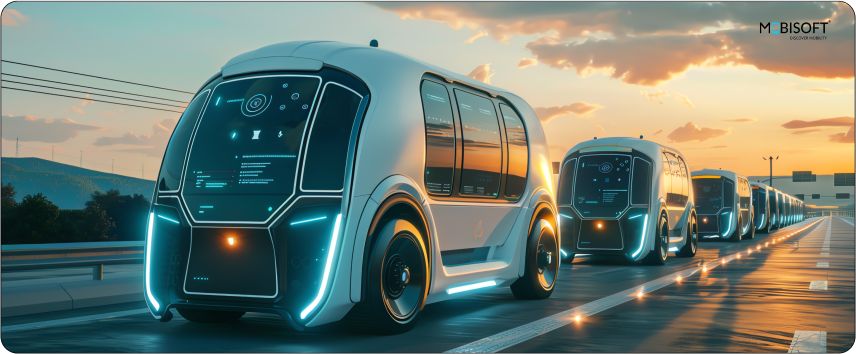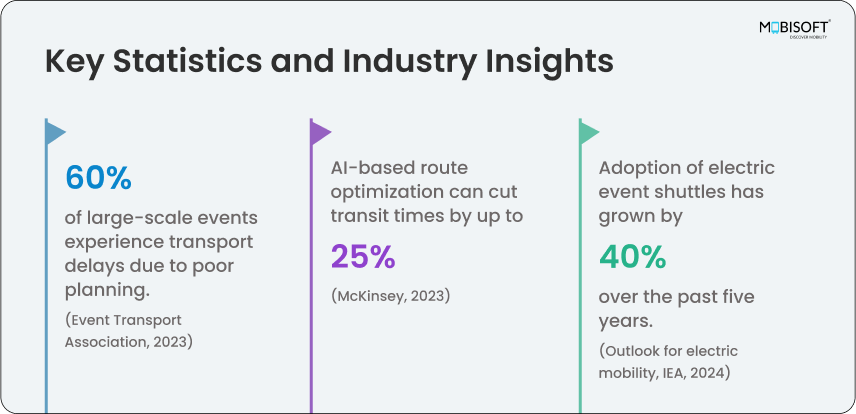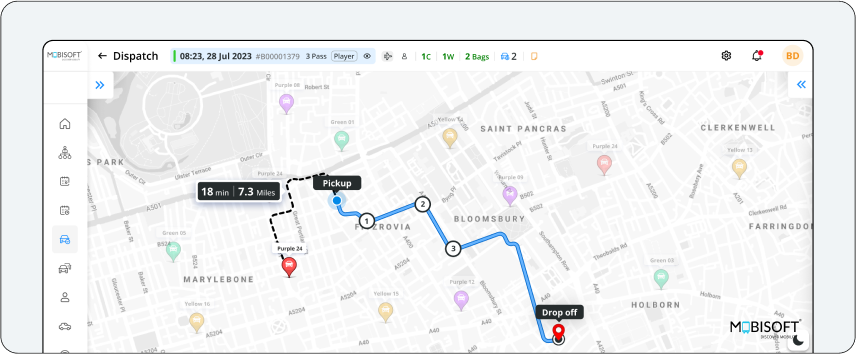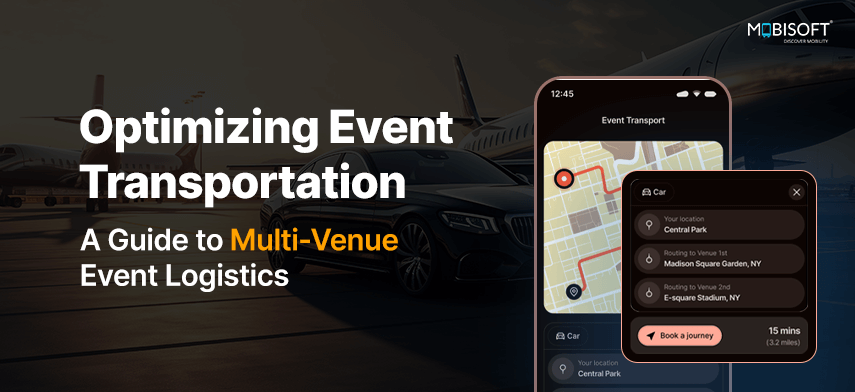Planning a multi-venue event? Then you already know event transportation can be the biggest headache. Long delays, frustrated guests, and logistical chaos.
Moving people between venues is tough during big events like sports tournaments or festivals. Traffic jams, unpredictable schedules, and limited access can make things complicated.
The good news? With the right strategies and a little tech, you can avoid transport nightmares. In this guide, we’ll break down:
- The biggest transport challenges at multi-venue events
- Practical ways to keep things moving smoothly with event transportation services
- The latest trends and technologies making event transport smarter
Let’s dive in.
The Biggest Challenges in Multi-Venue Event Transport
Traffic Congestion and Route Optimization
Traffic is inevitable with big crowds. Streets can get clogged, and shuttle buses can get stuck. People will arrive late and will most likely be frustrated. Solution? You need a proper plan:
- Work with city officials to set up dedicated lanes for event transport services.
- Leverage AI in traffic management to find the best routes in real-time.
- Set up well-planned pick-up and drop-off zones to prevent bottlenecks.
Unpredictable Attendee Behavior
The travel pattern is usually unpredictable for large events. Attendees may not stick to the schedule. Some may come early, and some might be late. That makes transport planning tricky. How to fix it:
- Use real-time tracking to adjust shuttle schedules based on actual demand.
- Give attendees a mobile app to check transport updates and plan accordingly.
Venue Accessibility & Infrastructure Limitations
Some event venues have limited parking, poor public transport access, or just aren’t designed for large crowds. Your options:
- Offer event shuttle services from nearby landmarks.
- Improve signage so people can easily find transport options.
- Offer bikes, scooters, or other micro-mobility options for short trips.
Coordinating Diverse Transport Modes
Too many transportation services (shuttles, cabs, personal vehicles) might create chaos. Delays and confusion would be inevitable without proper coordination. The fix:
- Set up a central corporate event management software that integrates all options.
- Provide real-time updates through an event transport app.
Safety and Emergency Planning
Large crowds always come with risks. Emergencies can make things worse. How to stay prepared:
- Set clear emergency transport route plans.
- Employ real-time monitoring to identify overcrowding and adjust capacity.
Sustainability and Environmental Considerations
With sustainability in focus, event planners must consider the environmental impact of transportation. Here’s how:

- Use electric or hybrid shuttles.
- Encourage carpooling and public transport with incentives.
- Offset carbon emissions via environmental programs.

How to Optimize Event Transport for Multi-Venue Events
Smart Routing and Traffic Management
- AI-enabled traffic tools can reduce travel times by up to 25 percent (McKinsey, 2023).
- Geofencing can help manage pick-up and drop-off areas.
- Dedicated event lanes can keep shuttles moving faster.
Integrated Transport Management System (TMS)
- A digital transport management system (TMS) makes it easier to coordinate fleets and schedules.
- Attendees can get real-time updates via a mobile app.
- Live monitoring allows adjustments on the go.
Diverse and Flexible Transport Options
- A mix of shuttle buses, ride-hailing services, public transit, and bike rentals gives attendees flexibility.
- Demand-responsive transport (DRT) adjusts in real-time based on actual needs.
VIP, Media, & Special Needs Transport
- Have dedicated transport through VIP transportation services and media.
- Ensure accessibility compliance with ADA and DDA standards.
For VIPs, it’s critical to follow strict privacy protocols and safety measures to ensure the protection of high-profile guests during events.
Learn more about Secure VIP transportation: Data Privacy & Safety Guidelines
Data-Driven Decision Making
- Use historical data to predict peak transport times.
- Track real-time movement to adjust schedules and routes dynamically.
Sustainability Initiatives
- Switch to electric or hybrid vehicles where possible.
- Offer carpooling and public transit perks.
- Partner with sustainability programs to offset emissions.

The Future of Event Transport: What’s Changing?
Self-Driving Shuttles Are on the Rise
Autonomous vehicles are making their way into large events for safer and more efficient transport. They can navigate and dynamically adjust routes using sensors and artificial intelligence.
AI is Making Demand Forecasting Smarter
AI can analyze past events and real-time data to predict crowd movement and optimize transport schedules. Result? Fewer delays and better experience for attendees.
As AI in event transportation continues to evolve, it’s shaping how transportation for events is managed, offering faster and more efficient ways to handle the dynamic nature of multi-venue events.
Dive deeper into AI in event transportation: Future of mobility solutions
Smart City Tech is Improving Traffic Flow
Cities use real-time traffic monitoring and smart signals to keep event transportation services smooth. Syncing with public transit and ride-sharing helps cut traffic and improve flow.

Final Thoughts
Transport can make or break a multi-venue event. The secret is to plan ahead and use the right technology to make it smooth.
With artificial intelligence and modern tech, you can optimize routes and track vehicles in real time. Managing multiple transportation services and a large number of attendees won’t be a challenge.
The future of event transport is not chaotic. It’s smart and eco-friendly.
Need a transport strategy for your event? Connect with our experts to design a seamless solution tailored to your event’s needs using our event booking & dispatch software.





 March 3, 2025
March 3, 2025


